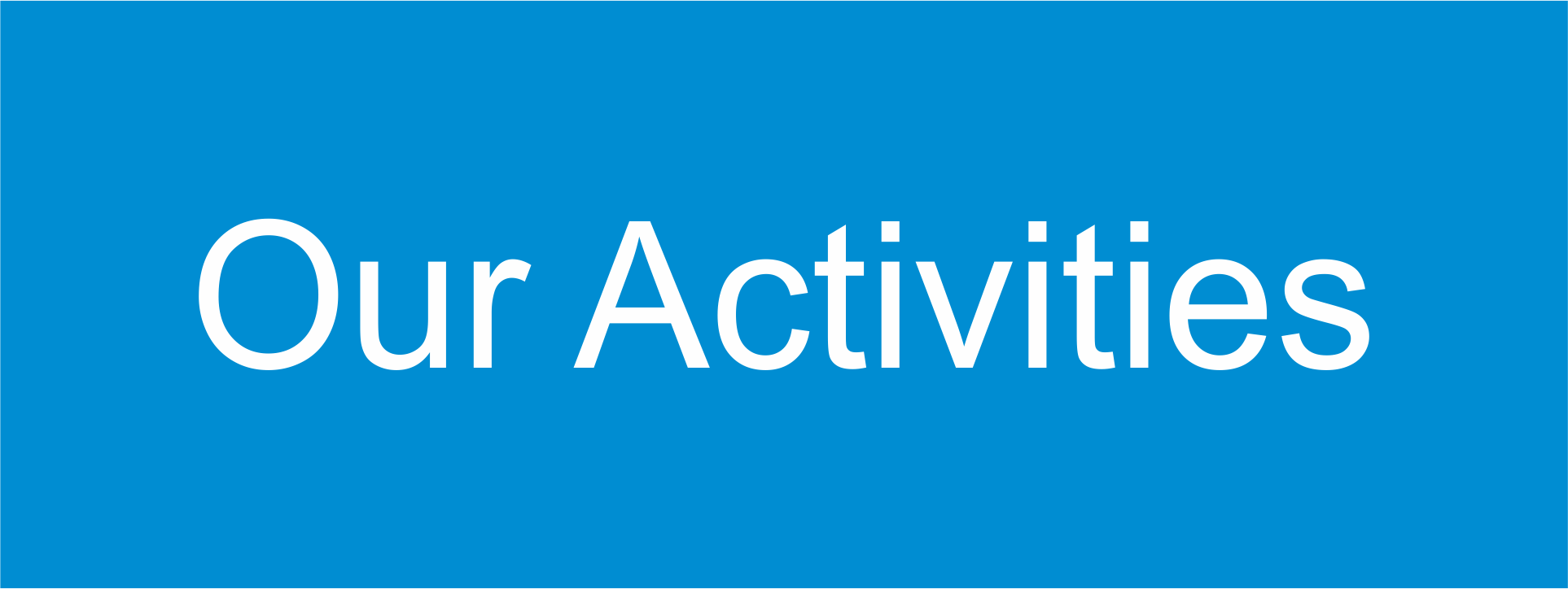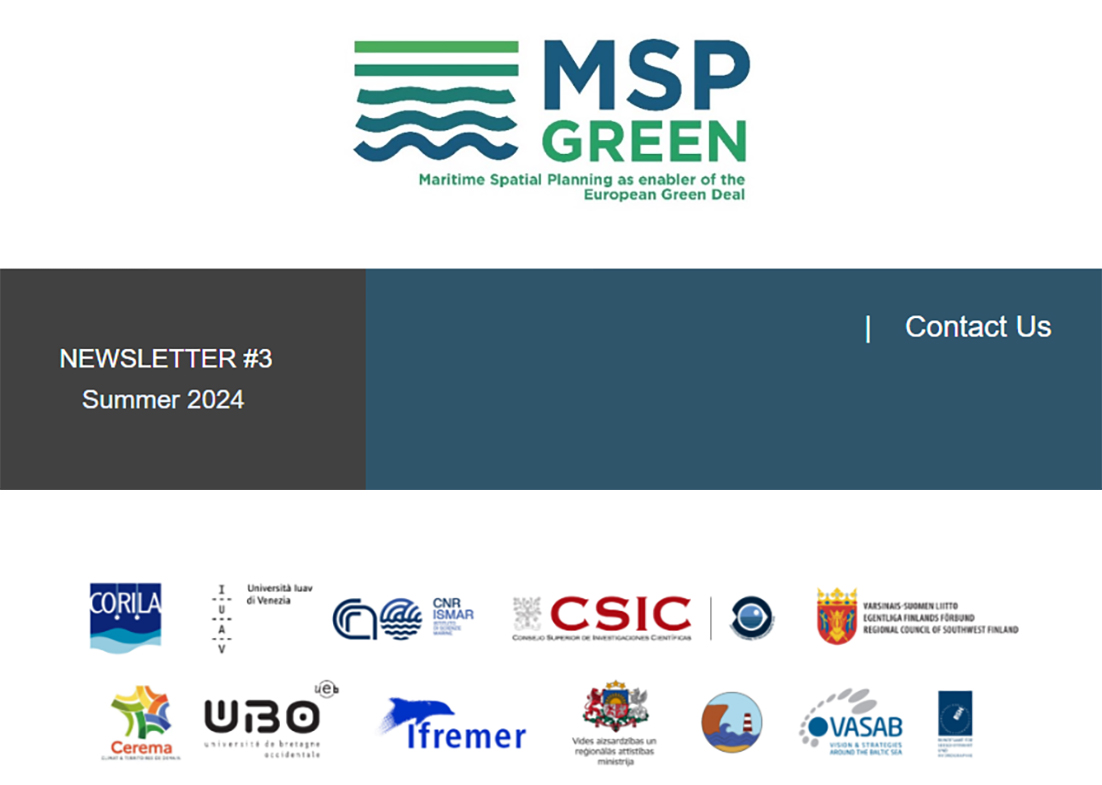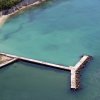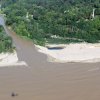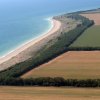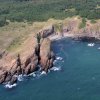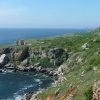Center for Coastal & Marine Studies
MSP4BIO 3rd Science Policy Dialogues Think Tank: Advancing Biodiversity Integration in Maritime Spatial Planning
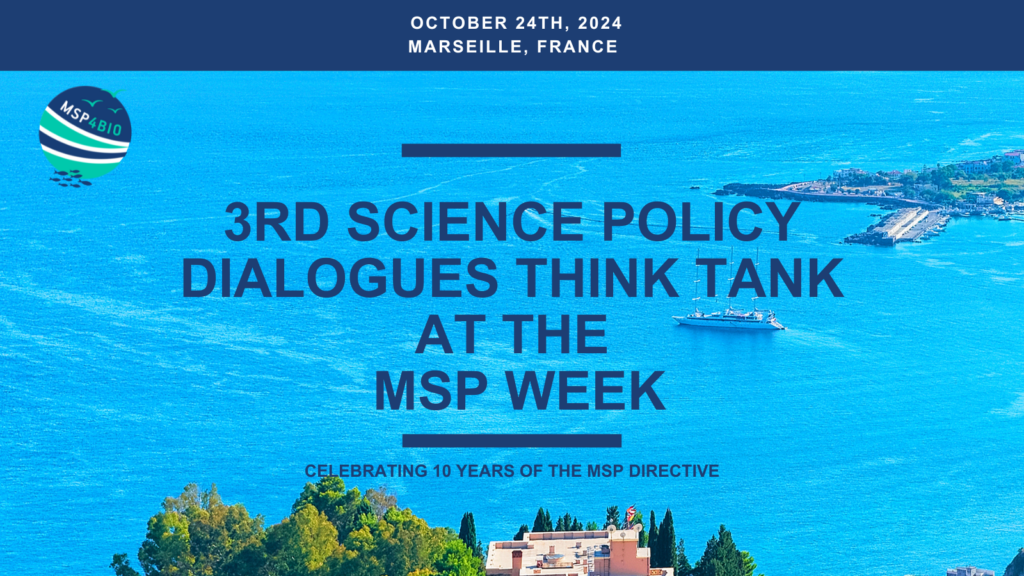
On October 24th, 2024, in Marseille, the MSP4BIO project will host its 3rd Science Policy Dialogues Think Tank event. This event will take place following the MSP-GREEN & REGINA MSP Joint Closing Conference and will be held at the same venue. The Think Tank will run from 15:00 to 17:00.
The prior objective of the MSP4BIO Project is to advance the integration of biodiversity into Maritime Spatial Planning (MSP). In line with this goal, MSP4BIO has established a series of Science Policy Dialogue Think Tanks, aimed at bringing together experts, scientists, and policymakers at both the EU and regional seas levels. These collaborative sessions focus on co-developing innovative solutions for incorporating biodiversity into MSP, fostering policy alignment, and ensuring that science-based approaches are effectively communicated to policy actors.
Resent study from MSP4BIO: mitigating marine threats with restoration measures
In the light of the challenges posed by climate change, restoring ecosystems that have been degraded, damaged or destroyed allows nature to bounce back and flourish.
Discover three impactful types of restoration measures employed across the marine environments surrounding the MSP4BIO test sites.
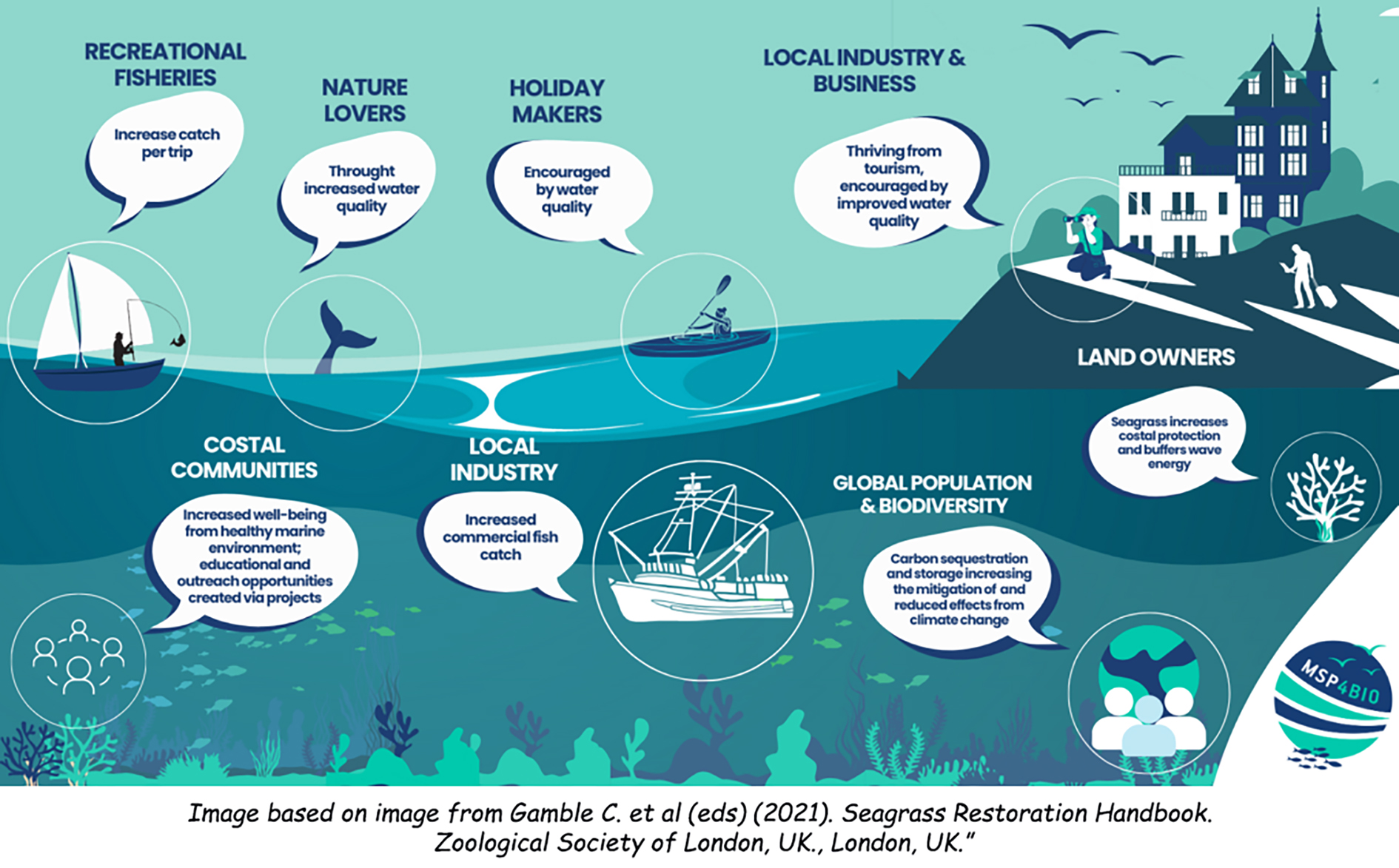
Authors:
Martina Bocci, CNR Italy
Tea Marasovic, PAP/RAC
Ivan Sekovski, PAP/RAC
In May 2020, the European Commission adopted the EU Biodiversity Strategy for 2030 which outlines an ambitious plan to protect and restore biodiversity in the EU over the coming decade. This Strategy, a core part of the European Green Deal, sets out the targets to protect 30% of the EU’s Seas and strictly protect at least a third of the EU’s protected areas.
BLUE CONNECT: Strict Protection, Restoration and Co-Management of Marine Protected Areas to Ensure Effective Ecosystem Conservation and Improved Connectivity of Blue Corridors
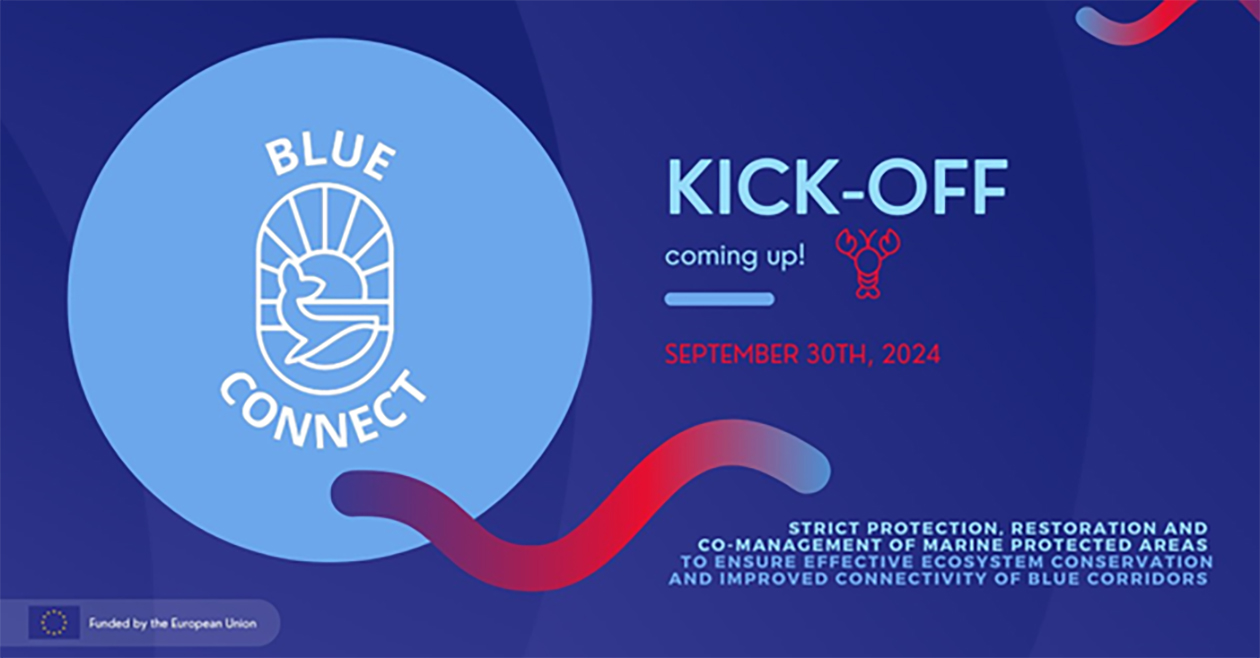
The BLUE CONNECT project addresses the urgent need to protect and restore marine habitats and ecosystems and to overcome gaps in the effective implementation of EU and global legislation by mobilizing the MPA managers, authorities, industries and local communities to co-develop and demonstrate a systematic approach to marine conservation planning and management.
MSP-GREEN #3 NEWSLETTER IS OUT!
With warmer summer months passing by here in Northern Hemisphere and our MSP-GREEN project closing approaching with fast steps, we welcome you to read eagerly our third MSP-GREEN project quarterly Newsletter!
Discover latest insights on the already carried and upcoming MSP-GREEN project events and activities.
More information: https://mspgreen.eu/
To stay updated regularly, follow the MSP-GREEN social media accounts on LinkedIn, Twitter, Facebook!






















